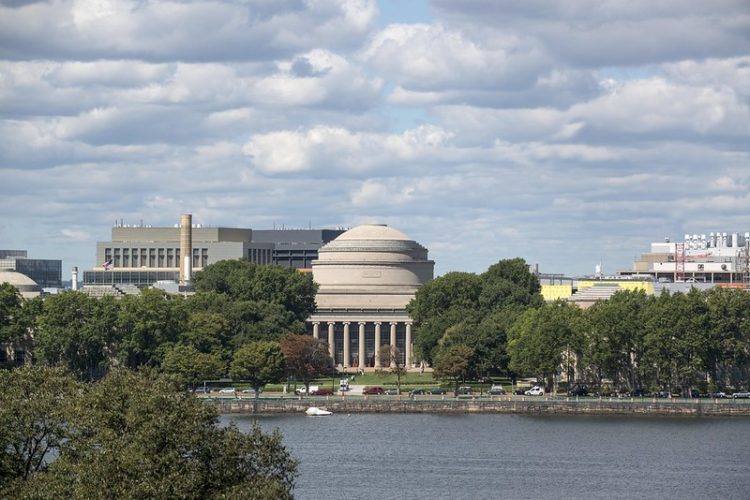Theory of Computation (TOC) studies the fundamental strengths and limits of computation, how these strengths and limits interact with computer science and mathematics, and how they manifest themselves in society, biology, and the physical world.
At its core, TOC investigates tradeoffs among basic computational resources. These resources include computation time, space, communication, parallelization, randomness, quantum entanglement, and more. As computational systems come in many forms and the goals of computation are diverse, TOC studies the limits of computation in its many manifestations. These are determined by what access we have to the computation’s input: do we have access to it as a whole, or does it come as a stream; as samples from a distribution; in encrypted form; or in fragments? Limits are also determined by the environment within which the computation takes place. Beyond the architecture and connectivity of the computational environment determining where the data is produced and stored and where the computation takes place, we are interested in the presence of other forces, such as adversaries who might want to eavesdrop on the computation, or strategic parties who want to influence the computation to their benefit.
Moreover, computation takes place both in systems that are explicitly computational but also systems that are not explicitly computational, such as biological systems, the human brain, social networks, and physical systems. As such, TOC provides a scientific lens with which to study such systems, and the study of these systems motivates new models of computation and computational tradeoffs, to be studied in turn by TOC.
MIT’s TOC faculty research an unusually broad spectrum of both core TOC and interdisciplinary topics, including algorithms, optimization, complexity theory, parallel and distributed computing, cryptography, computational economics and game theory, computational algebra and number theory, computational geometry, quantum computation, computational biology, machine learning, statistics, and numerical computation.
Latest news in theory of computation
The Department of Electrical Engineering and Computer Science (EECS) is proud to announce multiple promotions.
Exploiting the symmetry within datasets, MIT researchers show, can decrease the amount of data needed for training neural networks.
Founded in 2019, The EECS Alliance program connects industry leading companies with EECS students for internships, post graduate employment, networking, and collaborations. In 2023, it has grown to include over 30 organizations that have either joined the Alliance or participate in its flagship program, 6A.
Frederick “Fred” C. Hennie III, Professor Emeritus in the Department of Electrical Engineering and Computer Science (EECS), died on Monday, October 23rd, 2023. He was 90 years old.
This ongoing listing of awards and recognitions won by our faculty is added to all year, beginning in September.
